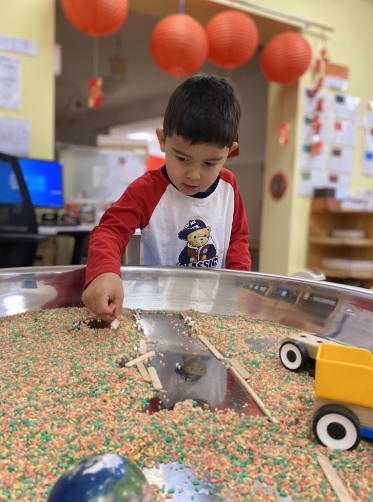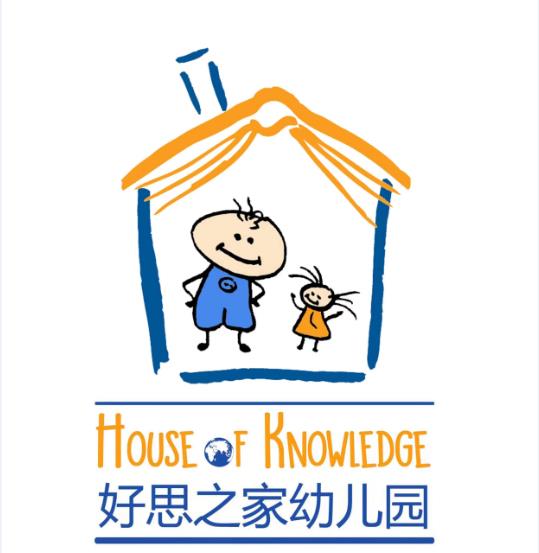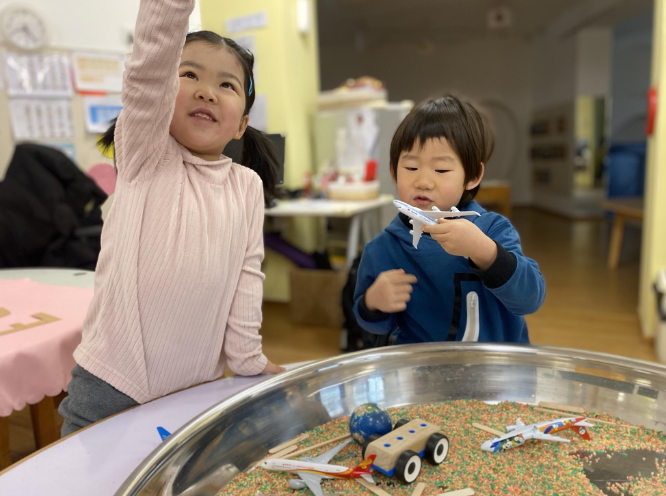Children learn best if given the chance to explore the world around them. Learning, based on real life projects, is a great way to foster the holistic development of children in early years and beyond.
Research shows clear evidence that rigorous project-based learning has a strong effect on children’s achievements.
Programs that use project- based learning improve on certain aspects of cognitive, physical, creative, social and emotional learning.
Nowadays, it is widely acknowledged that learning in a joyful environment as well as experiencing real-world practice is crucial to support children regarding what has been learned in their class and to help them establish a broad base of knowledge through their entire developmental path.
At House of Knowledge, our pedagogical concept is based on the Reggio Emilia inspired philosophy, and our inquiry-based and theme-related Project-based learning is one of the most mainstream and key methodologies that we apply in daily teaching approaches.
In today’s article series, we would like to share with you one of our current on-going unit projects from Pre-K class which showcases how our project-based learning for families who would like to know more about us.
A well-designed Reggio inspired environment
How to learn about transportation?
Through following children’s interest and their questions towards the theme, the classroom has been divided into several learning rotation stations so children can dig into- one table enabled the children to conduct “show and tell” which practices children’s social, self-confidence, and language development skills; one table did decorations which practices children’s gross and fine motor skills; and one table shows a variety of transportation vehicles which broadens children’s knowledge and help children to learn more through visuality.
Project-based learning that sets the curiosity as the starting point
To help children understand more and better, we put children’s interest and curiosities at the first place whenever guiding the children to explore. Putting things into real world also helps the children know how to apply their existing knowledge into practice, and how to use existing knowledge to gain new knowledge.
In our learning stations time, the children had shown a great interest for cars and airplanes, therefore, under the teachers’ guidance, the children built a “road” for the cars and they enjoyed exploring the stations a lot.


Project-based learning that goes into real world practice
After the “trip”, in order to learn more about airplane related knowledge, the children started to explore the different parts of an airplane and what these parts are called in English, Chinese, and German.
By gaining more knowledge, our children now wanted to build their own airplane!
Based upon yesterday’s teamwork experience building a “team aircraft”, the children now excitedly set to designing his/her airplane and after they were done they all wanted to bring it back home to show their family. 




By setting the airplane as the starting point of the project, the children have also opened up their minds and linked this concept with the world around us, as the airplane can take us to visit all over the world.
The children had lots of fun time exploring the world map and absorbing the knowledge as much as they can regarding which part is where – They used work sheets, fingering painting and puzzles to help them familiarize themselves with country placemments.
Summary
Here at House of Knowledge, based upon children’s existing knowledge and their curiosities towards the theme and the questions, we always create and set up a wonderland for our children to see, to explore, to try, and to experience.
Our “Transportation” project is continuing and we look forward to sharing more wonderful moments of our children’s learning journeys among all age groups very soon.
If you like to know more about us, contact us and reserve a campus tour. See you there!




















